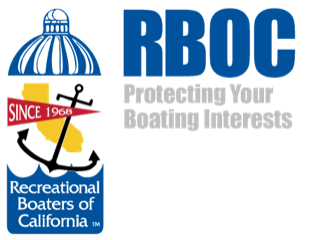Take a short 13-question survey
ALEXANDRIA, Va., June 21, 2018 – With the start of the boating season, Boat Owners Association of The United States (BoatUS) wants to hear from boaters about their experiences with ethanol fuels in an online survey at https://bit.ly/2JM4AS5. The short, 13-question survey is an effort to gain an understanding about how ethanol fuels are affecting recreational boating this summer, gauge opinion, and seek out comments related to the Renewable Fuel Standard (RFS).
When it was passed in 2005, the RFS assumed that America’s use of gasoline would continue to grow. Since then, however, gasoline usage has not increased as forecast, which today forces more ethanol into each gallon of gas. To keep up with the RFS mandate and avoid hitting a “blend wall” in which the volume of ethanol production would exceed consumption and infrastructure constraints, in 2010 the EPA granted a waiver to allow E15 into the marketplace. Recently, President Trump also proposed the sale of E15 year-round.
Only fuels containing up to 10 percent ethanol (E10) are permitted for use in recreational boats, and anything greater voids many marine engine warranties. However, 92 percent of readers of Boating Industry magazine that serves the boating trades reported in 2017 that they have seen damage caused by ethanol, which also decreases fuel economy, thus increasing fuel cost, and has questionable environmental benefits. BoatUS also has concerns over potential consumer misfueling as E15 pump labeling requirements are minimal with just a small orange warning label.
BoatUS is a member of the Smarter Fuel Future coalition which aims to reform the broken RFS. For more information, go to www.SmarterFuelFuture.org.

